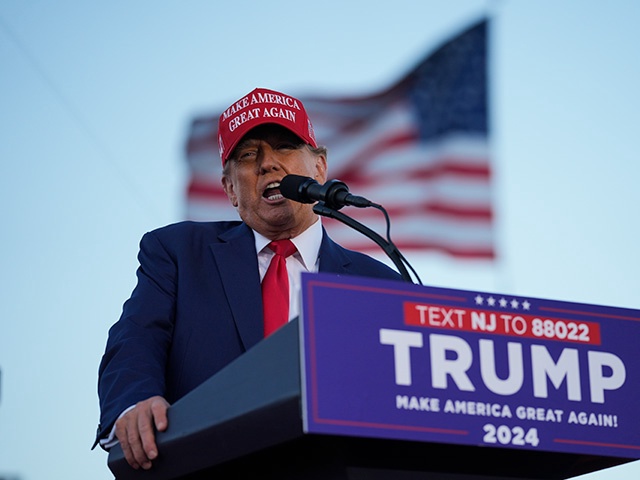Overview
- Recent polls show Trump and Biden are nearly tied, with Trump holding a slight edge.
- Biden's handling of the Israel-Hamas conflict and economic concerns are eroding his support among key demographics.
- Independent candidate Robert F. Kennedy Jr. could influence the election outcome, drawing votes from Biden.
- Voters trust Trump more on the economy and immigration, while Biden is favored on abortion and healthcare.
- Both candidates face historically low favorability ratings, with voter enthusiasm at a 20-year low.
